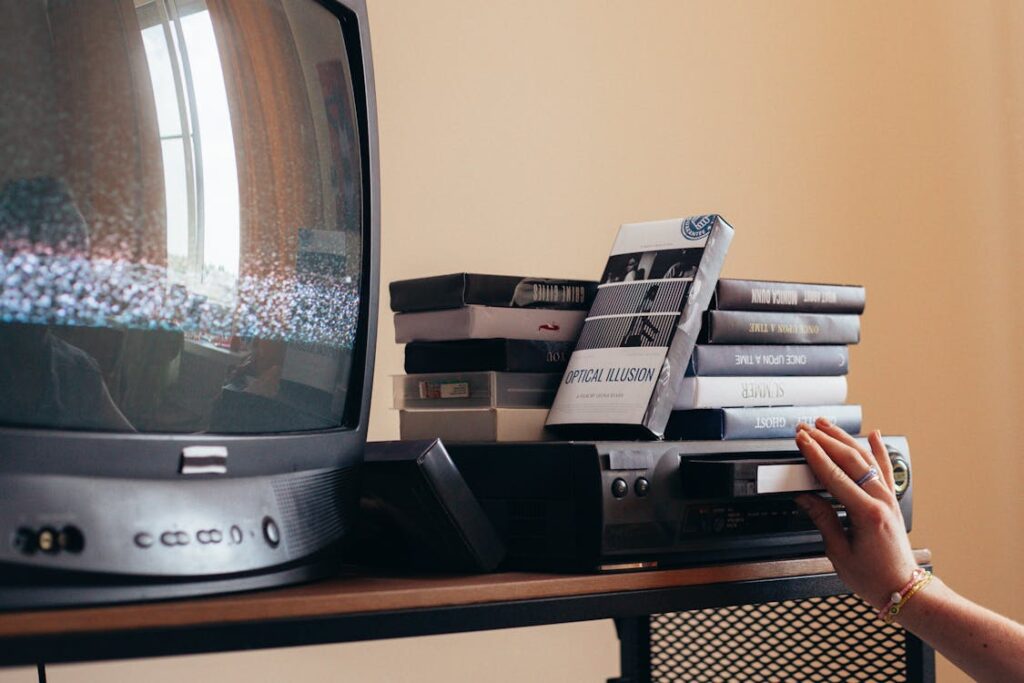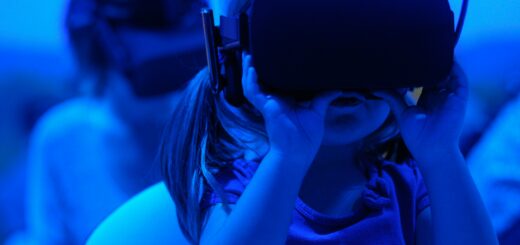Week Five: Video Resources at School
Our meeting with Rich McCue this week made me reflect on whether I ever received any sort of education about video/audio editing or content creation of any kind when I was in school. I don’t think I can remember learning about these topics at all, other than simple instructions to create presentations that were more focused on simple graphic creation tools such as those I discussed in my reflection last week. It’s honestly a shame that I didn’t experience any sort of education on these topics while growing up, and I really hope that students in schools today are learning a lot more than I did, because everything I know about video/audio editing was self-taught to achieve specific goals in my hobby as a content creator.
To a certain degree, I can understand why I may have lacked any formal education in these topics. I grew up in the 90s and 2000s where a lot of this technology was only first starting to become widely accessible to the public. For example, the popular video platform YouTube was founded in 2005, and I very distinctly remember when technology like iPods first started coming out in 2001. This was a time when it was still common for the old CRT TVs to be rolled into the classroom when it was time for us to watch a movie, or slide projectors to show the class learning topics.

As much as I think it’s valuable for teachers to learn about how to use video/audio creation tools, I wonder how much of this is also being taught to students as well. In our current society, video and audio are so heavily prevalent in almost everything that we do, and I think it could be very influential for students to learn about how these different forms of media they are consuming on a daily basis are developed. Yes, it’s valuable for teachers to learn about these tools to create lessons, videos, and other resources, but I think it could really benefit student learning to incorporate video editing and content creation into project and lesson requirements. It would be possible to achieve this by having students create small videos for a project, or develop a short podcast. You could even have students learn about website creation so they can share their ideas and topics online.
Below I have included a video that I created as a student teacher last semester to serve as an example.
This video was created as part of our literacy course, and we decided to focus on folklore and storytelling for our assignment. It was created using a program call DaVinci Resolve, which is a free resource for video editing that is similar to Adobe Premiere while being a lot more accessible.


